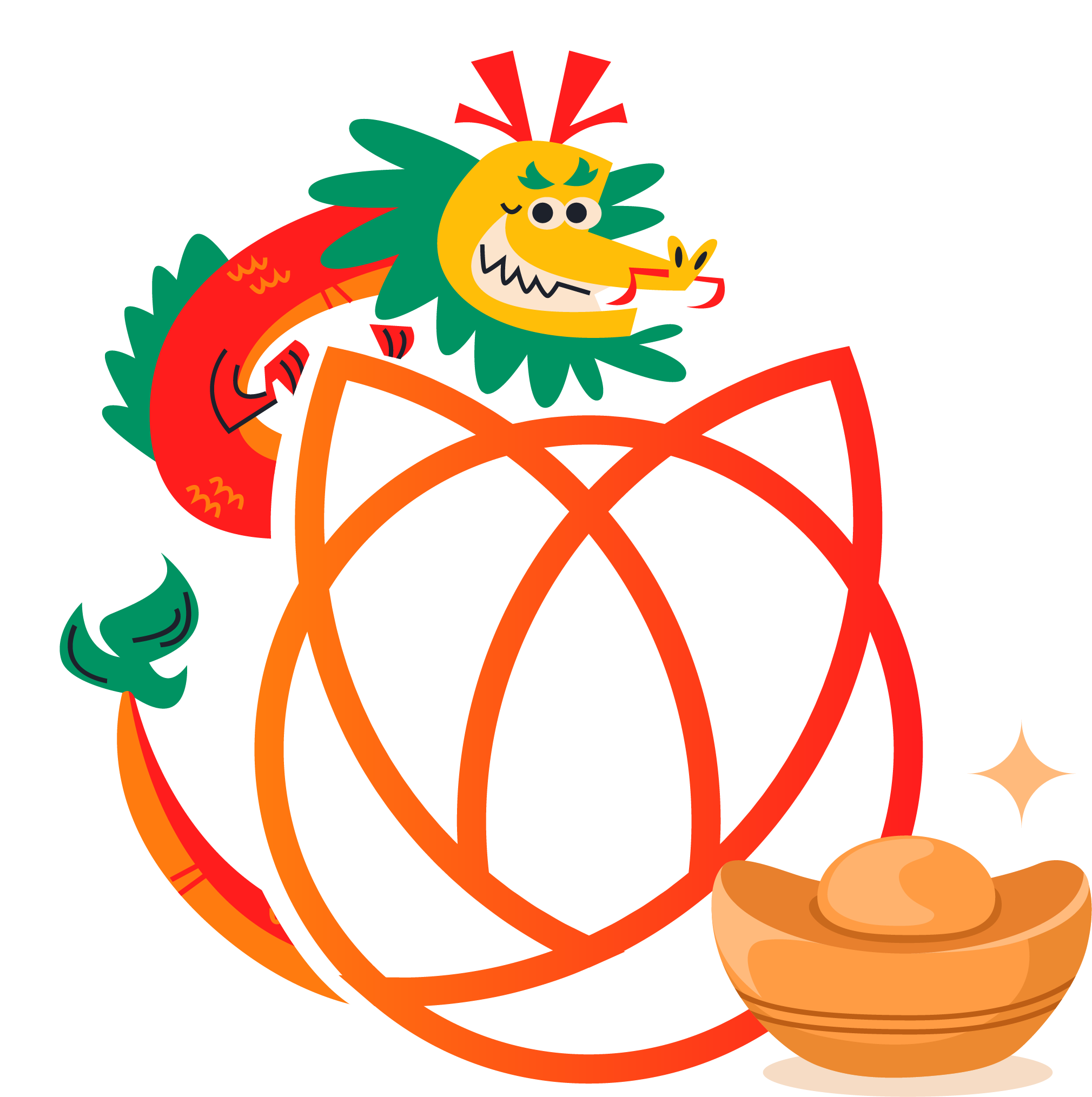IGB: Making a Mass Out of Macau, Other Asia Gaming Destinations
発行日 24 December 2024
The Evolution and Challenges of Macau’s Gaming Industry: Key Insights
Over the past three years, Macau’s gaming industry has undergone significant changes following the arrest of Suncity Group chairman Alvin Chau. Combined with the impact of COVID-19, China’s crackdown on cross-border gambling and illicit money flows has reshaped the sector. At the same time, efforts to diversify Macau’s economy away from gaming have introduced new challenges and opportunities.
Decline in VIP Gaming and the Rise of the Mass Market
In 2013, VIP gaming accounted for over 70% of Macau’s total gaming revenue, reaching $29.8 billion. By 2023, that figure is estimated to shrink to just $3.3 billion. While casino operators have shifted their focus to the mass market, this transition hasn’t been without obstacles. Many mass-market tourists, though abundant, tend to spend less, often opting for low-cost or free activities.
The Shift Toward Premiumization
To adapt to these changes, operators have embraced a “premiumization” strategy. Sands China, for instance, rebranded its Sands Cotai Central property as The Londoner Macao, offering upgraded accommodations and upscale amenities to attract higher-value customers. This transformation has not only increased the property’s appeal but also reduced its room inventory from 6,000 to 4,500, focusing on quality over quantity.
The Importance of Non-Gaming Revenue
Non-gaming revenue is playing an increasingly crucial role in Macau’s economy. In the first three quarters of 2024, visitor spending on non-gaming activities grew by 7.5% compared to 2019, even as visitor numbers declined by 16.5%. However, compared to Las Vegas, where two-thirds of revenue comes from non-gaming activities, Macau still lags significantly. Experts recommend integrating more entertainment, sports, and convention offerings to cater to a new generation of travelers.
Future Challenges and Opportunities
While the premiumization strategy has shown initial success, achieving true diversification remains an uphill battle. From optimizing property designs to enhancing visitor experiences, operators must continue to adapt to evolving market demands. Additionally, as younger travelers increasingly prioritize holistic experiences, creating innovative and appealing products will be key to staying competitive.
These transformations signify that Macau’s gaming industry is entering a more mature and diversified phase, laying the groundwork for sustainable growth in the future.
News Reference: iGamingBusiness


